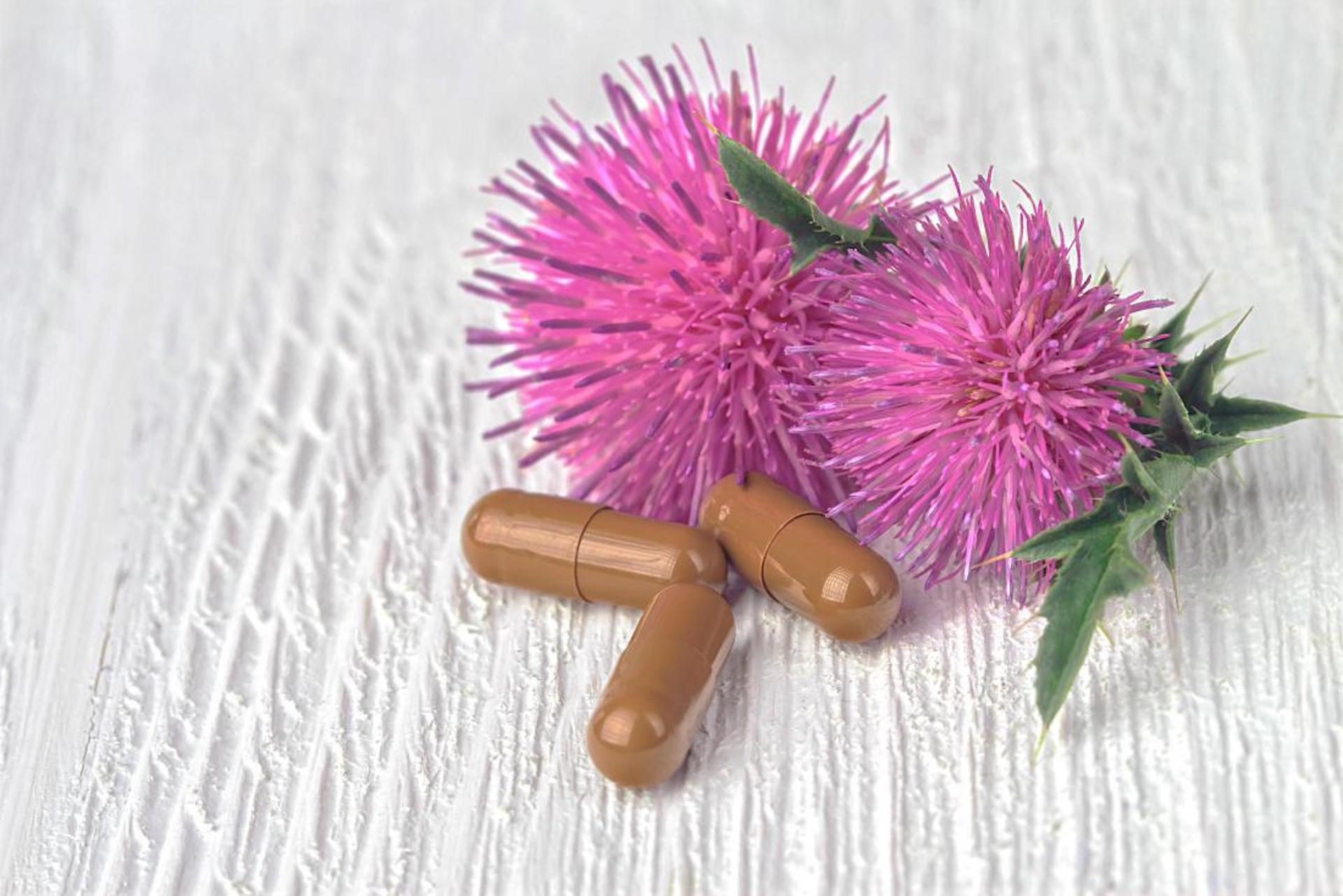First things first, what is Glutathione? Glutathione is an antioxidant produced in cells. It’s composed largely of three amino acids: glutamine, glycine, and cysteine. Glutathione levels in the body may be reduced by a number of factors, including poor nutrition, environmental toxins, and stress. Its levels also decline with age. In addition to being produced naturally by the body, glutathione can be given intravenously, topically, or as an inhalant. It’s also available as an oral supplement in capsule and liquid form.
Glutathione is found in some foods, although cooking and pasteurization diminish its levels significantly. Its highest concentrations are in: raw or very rare meat, unpasteurized milk and other unpasteurized dairy products, freshly-picked fruits and vegetables, such as avocado, and asparagus.
Let’s break down the top 5 benefits of Glutathione:
Reduces oxidative stress
Oxidative stress occurs when there’s an imbalance between the production of free radicals and the body’s ability to fight them off. Too-high levels of oxidative stress may be a precursor to multiple diseases. These include diabetes, cancer, and rheumatoid arthritis. Glutathione helps stave off the impact of oxidative stress, which may, in turn, reduce disease.
Reducing cell damage in liver disease
Hepatitis, alcohol abuse, and fatty liver disease all damage the cells of the liver. A study concludes that glutathione could help treat nonalcoholic fatty liver disease due to its antioxidant properties and potential to detoxify.
Improving insulin sensitivity
Insulin resistance can result in the development of type 2 diabetes. The production of insulin causes the body to move glucose (sugar) from the blood and into cells that use it for energy. A study indicates that people with insulin resistance tend to have lower glutathione levels, particularly if they have experienced complications, such as neuropathy or retinopathy.
May help fight against autoimmune disease
The chronic inflammation caused by autoimmune diseases can increase oxidative stress. These diseases include rheumatoid arthritis, celiac disease, and lupus. Glutathione helps reduce oxidative stress by either stimulating or reducing the body’s immunological response. Autoimmune diseases attack the mitochondria in specific cells. Glutathione works to protect cell mitochondria by eliminating free radicals.
May reduce the impact of uncontrolled diabetes
Long-term high blood sugar is associated with reduced amounts of glutathione. This can lead to oxidative stress and tissue damage. A study found that dietary supplementation with cysteine and glycine boosted glutathione levels. It also lowered oxidative stress and damage in people with uncontrolled diabetes, despite high sugar levels.
Glutathione is a very strong antioxidant that the body makes and uses every day. Note that while supplements may be appropriate for some people, they may not be safe for everyone, and they could interact with other medications a person is taking!





 No products in the cart.
No products in the cart.